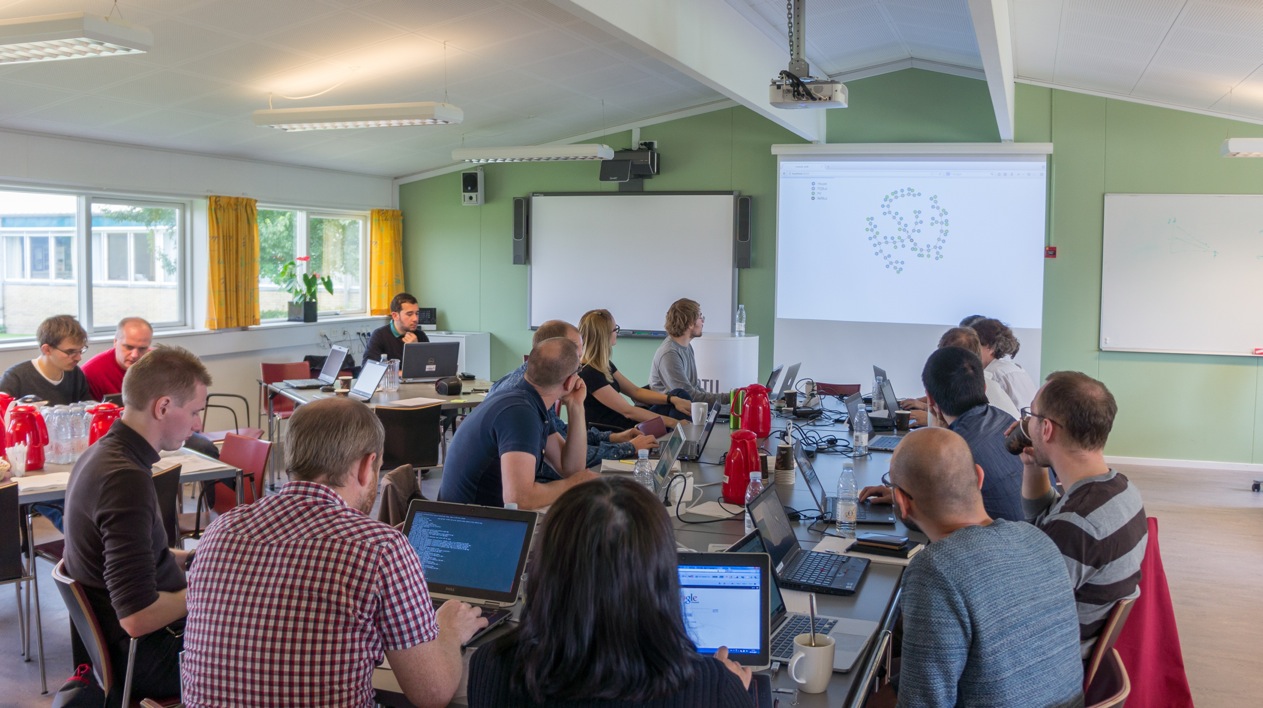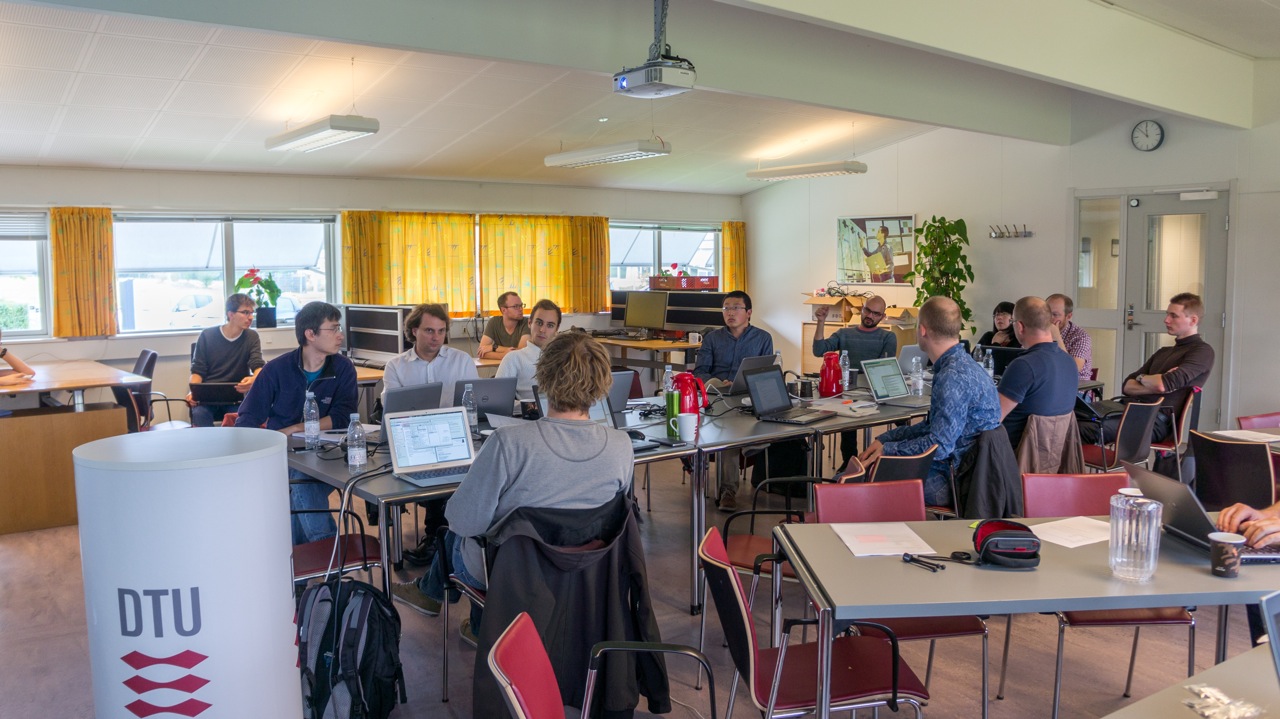Mosaik prominently represented at the 10th Carnegie Mellon Conference on the Electricity Industry
The 10th Carnegie Mellon Conference on the Electricity Industry will be held from March 31 to April 1 in Pittsburgh, PA in the USA. It is co-chaired by Prof. Dr. Marija Ilic, Carnegie Mellon University (CMU), ECE and EPP and Prof. Dr. Sebastian Lehnhoff, OFFIS, Germany. The main topic of the conference is to discuss the state-of-the-art of testbeds for future electric power systems. These simulation environments are important means of helping the industry to simulate and assess new hardware and software solutions, as well as the effects of policy requirements. The conference will not only focus on current developments in the U. S. but there will also be a scientific exchange regarding the activities in Europe.
In the invited workshop following the conference, different simulation environments will be demonstrated and discussed - like the Smart Grid in a Room Simulator (SGRS) by CMU or mosaik by OFFIS.
Find more at the conference home page.


